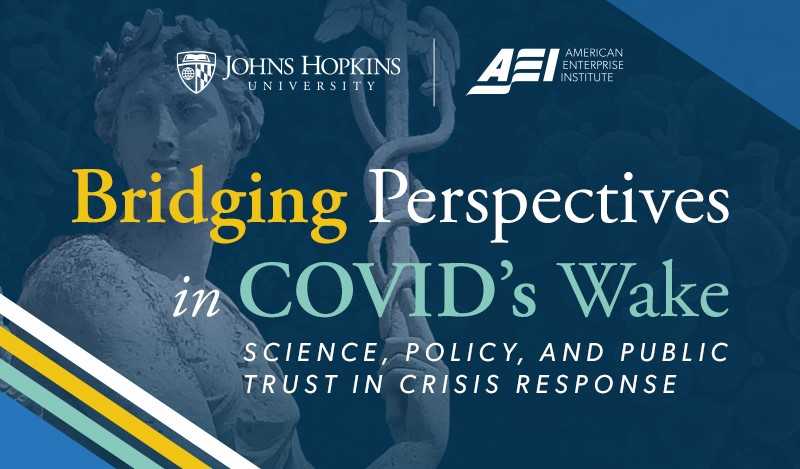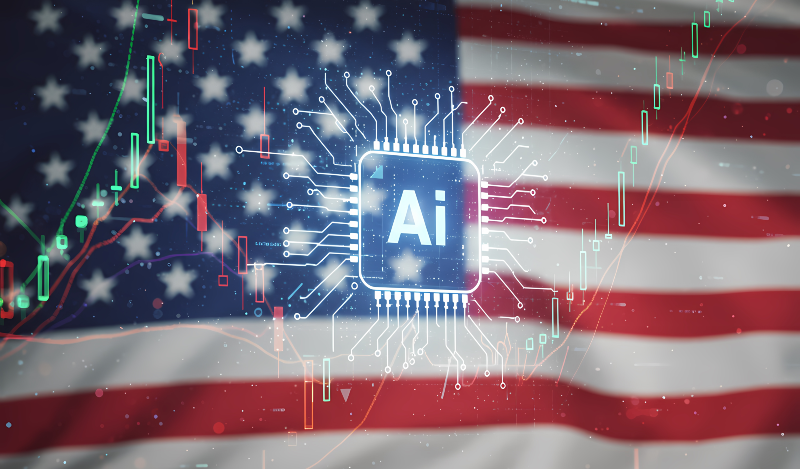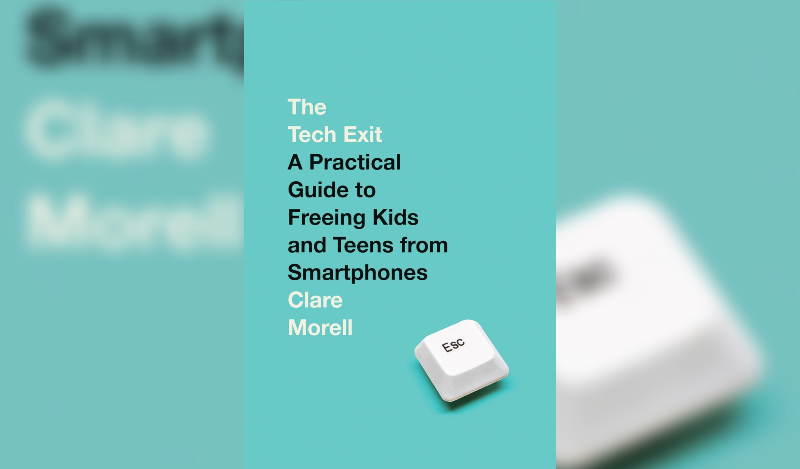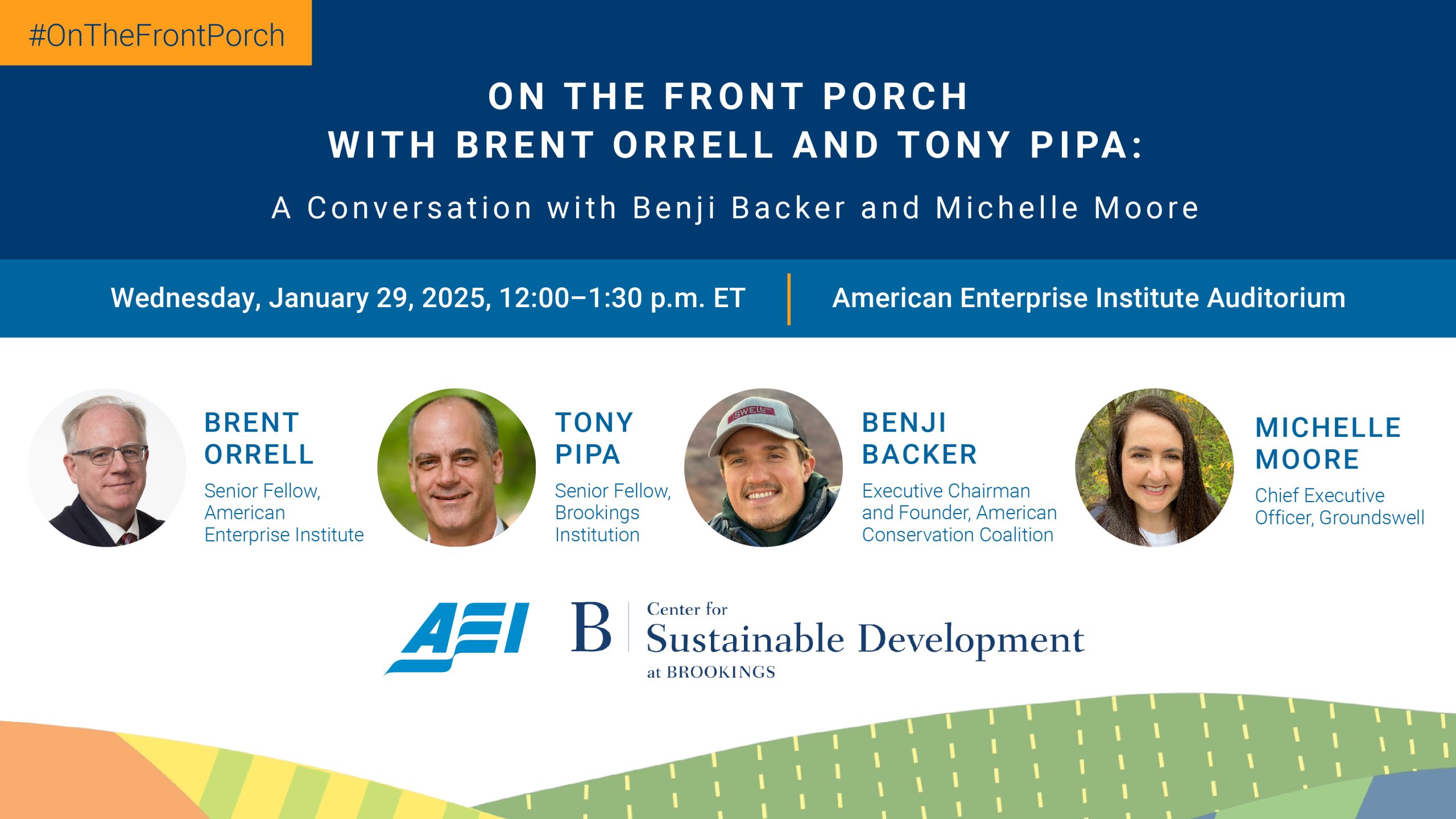Welcome to Our Research Archive
Search and filter by content type, issue area, author, and keyword
- ✕ Clear Filter
- AI (1)
- Article (4)
- Articles (964)
- book (1)
- Climate (233)
- climate change (1)
- data dashboard (14)
- electricity (3)
- energy (237)
- Events (25)
- op-ed (2)
- Podcast (3)
- Post (2)
- Puerto Rico (1)
- Report (2)
- Reports (16)
- science (79)
- science funding (10)
- science trust (10)
- technology (535)
- testimony (1)
- Working paper (1)

October 23, 2025
Bridging Perspectives in COVID’s Wake: Science, Policy, and Public Trust in Crisis Response
Thursday, November 6, 2025 | 2:00 PM to 5:45 PM ET Johns Hopkins Bloomberg School of Public Health615 N Wolfe St.Baltimore, MD 21205 Contact Information: Rachel Colligan | Rachel.Colligan@aei.org Please click here to RSVP to the event. Event Description As we move beyond the acute phase of the COVID-19 pandemic, we need to thoughtfully examine the…

July 29, 2025
America’s AI Action Plan: Analyzing the Strategy for Global Leadership
Event Summary On July 29, AEI hosted an event examining the Trump administration’s AI Action Plan and its implications for businesses, consumers, and national security. The panel, moderated by AEI’s John Bailey, began with initial reactions to the legislation before diving into its detailed provisions. AEI’s Will Rinehart analyzed impacts on data centers and AI…

July 16, 2025
Federal Data Consolidation: Protecting Civil Liberties in the Digital Age
Event Summary On July 16, AEI’s Shane Tews introduced Palantir Technologies’ Courtney Bowman, the Center for Democracy & Technology’s Alexandra Reeve Givens, the IRS’s Daniel Werfel, and Election Security & Innovation Consulting’s Kim Wyman. Ms. Tews emphasized the critical importance of addressing cyber threats related to data access, use, and control. The discussion began by…

July 9, 2025
Free Speech and Tech Policy at the US Supreme Court, 2025
Event Summary On July 9, AEI hosted an expert panel examining the Supreme Court’s decision in Free Speech Coalition v. Paxton, along with broader issues related to online expression, regulatory authority, and technology policy. AEI’s Clay Calvert opened the discussion by outlining the facts of Free Speech Coalition v. Paxton, summarizing the majority opinion, and explaining how…

July 9, 2025
A Practical Path for the Tech Exit: A Book Event with Clare Morell
Event Summary On July 9, Ethics & Public Policy Center Fellow and Technology and Human Flourishing Project Director Clare Morell joined AEI’s Timothy P. Carney to discuss her new book, The Tech Exit: A Practical Guide to Freeing Kids and Teens from Smartphones. AEI’s Christine Rosen opened the event with introductory remarks. In her conversation with…

March 25, 2025
The Energy Demands of the Data-Driven Future: Challenges and Solutions
Event Summary On March 25, AEI hosted a conference on the challenges of balancing energy constraints with the rapid growth of AI and data centers. AEI’s L. Lynne Kiesling opened the event and moderated the first panel, which examined the evolving energy demands of AI infrastructure. Brian George (Google), Arne Olson (Energy and Environmental Economics),…

March 19, 2025
AI and Jobs: Measuring Impact and Building New Assessment Tools
Event Summary On March 19, AEI’s Brent Orrell and Shane Tews hosted a panel discussion featuring Alex Tamkin, an AI researcher at Anthropic, and Jason Owen-Smith, a sociologist at the University of Michigan, on how AI is shaping the labor market and workforce development policy. The conversation was moderated by Axios reporter Ashley Gold. The…
March 6, 2025
Like Silicon from Clay: A Book Event with Michael M. Rosen
Event Summary On March 4, AEI’s Matthew Continetti and Michael M. Rosen gathered to discuss Mr. Rosen’s new book, Like Silicon from Clay: What Ancient Jewish Wisdom Can Teach Us About AI. The conversation began by exploring centuries-old Jewish legends of golems, dybbuks, and maggids, delving into their humanlike characteristics. Mr. Rosen then transitioned to…

February 5, 2025
Dignity and Dynamism: The Future of Conservative Technology Policy
The era of Big Tech, artificial intelligence, Donald Trump, and the United States’ great-power competition with China has thrust technology policy to the center of our national politics. Are new technologies helping or harming the American family? How should our society balance economic dynamism with the preservation of communities and institutions? And what is the…

January 29, 2025
On the Front Porch with Brent Orrell and Tony Pipa: A Conversation with Benji Backer and Michelle Moore
Event Description The tensions between development and sustainability and production and conservation, combined with the ongoing debate over energy sources, have taken center stage in recent years. Join us for the next installment of the “On the Front Porch” series as AEI’s Brent Orrell and the Brookings Institution’s Tony Pipa talk with Michelle Moore of…